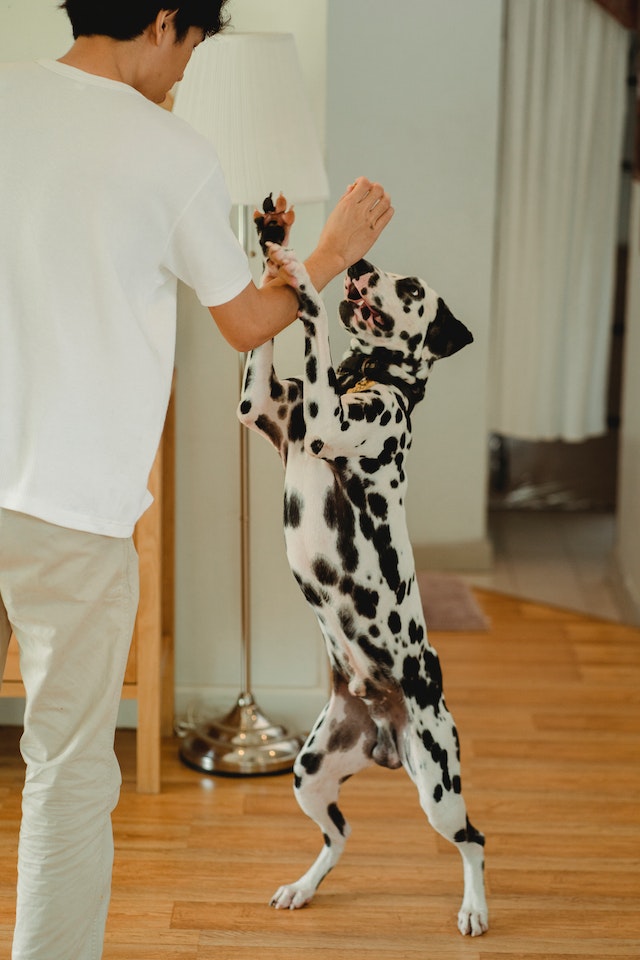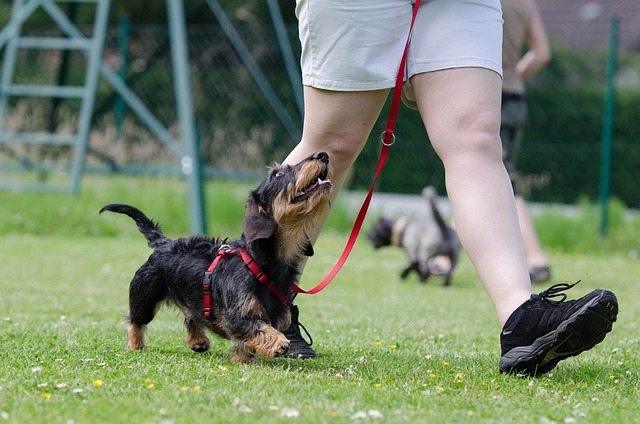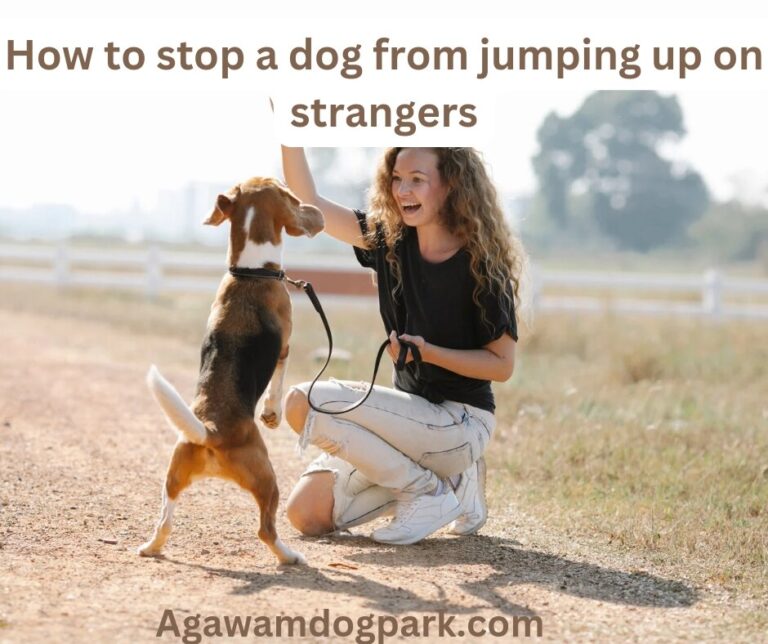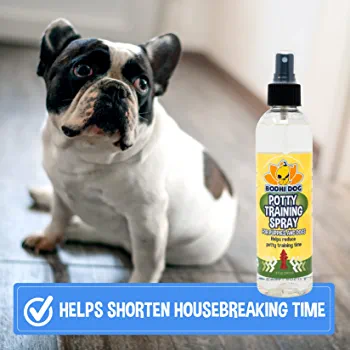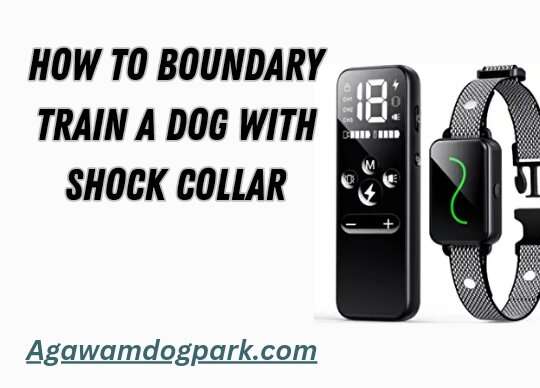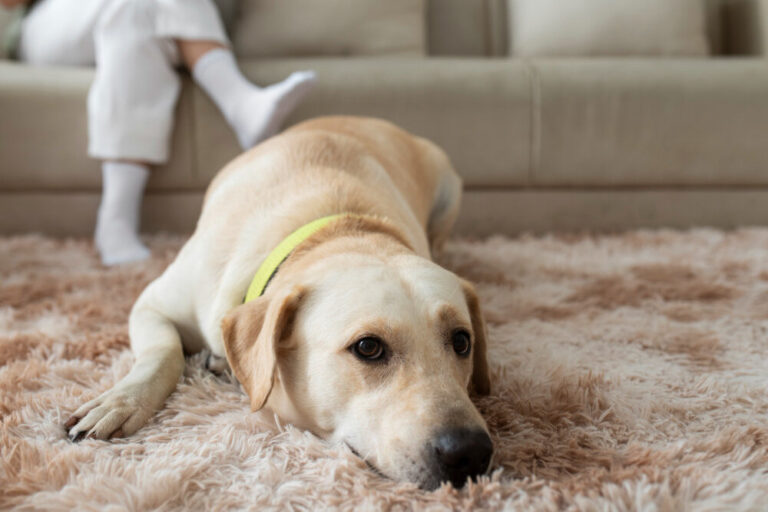Should I Lock My Puppy In His Crate At Night? Honest Advice
Look, I have personally asked myself this question over and over again when I got a new cute Pitbull puppy. I know I am not the only one asking this question: “Should I lock my puppy in his crate at night?”. So, if you are in this situation too and would love to get an expert opinion on this and other related questions, keep reading this article.
Puppies are lovely pets, and they require lots of care and attention. One aspect of caring for a puppy is deciding where it should sleep at night. This can be a daunting task for new pet owners. As we all know, one popular option is to use a crate. A crate is a small, enclosed space where your puppy can sleep at night. But many dog owners are unsure if they should lock their puppies in their crates at night. In this article, we will discuss the benefits and disadvantages of crate training and locking your puppy in his crate at night.
Should I lock my puppy in his crate at night?
Yes, it is generally safe and beneficial to lock your puppy in his crate at night, as long as you follow some basic guidelines. Crate training is the process of getting your puppy used to its crate. It can be beneficial for both the puppy and the dog owner.
The benefits of locking your puppy in his crate at night
- Safety: Locking your puppy in his crate at night can keep him safe. Puppies are curious and may get into trouble if left unsupervised. A crate can prevent your puppy from getting into dangerous situations.
- Preventing destructive behavior: Puppies are notorious for chewing on things they should not. Locking them in a crate at night can prevent them from destroying furniture, shoes, and other household items.
- Better sleep for both you and your puppy: Puppies need a lot of sleep, and they may wake up frequently during the night. If your puppy is locked in its crate, it’s less likely to disturb your sleep. You will also have peace of mind knowing your puppy is safe and secure.
- Potty training: As mentioned earlier, puppies are less likely to soil their sleeping area. Locking your puppy in his crate at night can help with potty training by encouraging them to hold their bladder until you let them out in the morning.
Disadvantages of locking your puppy in his crate at night
- Separation anxiety: Locking your puppy in his crate at night can lead to separation anxiety. Your puppy may feel isolated and afraid, which can lead to excessive barking, whining, and crying.
- Lack of exercise: Puppies need plenty of exercise during the day, and locking them in their crates at night can limit their movement. This can lead to restlessness and anxiety.
- Accidents: I have personally lost two puppies to crate accidents because they were never crate-trained. I left them in their crate at night, and they got their heads stuck in the crate opening. They struggled and died. As painful as this is, I know a bunch of the blame goes to me. If your puppy is not properly crate trained, it may have accidents in its crate at night. This can be uncomfortable and stressful for your puppy.
- Neglecting your puppy’s needs: Locking your puppy in its crate at night may lead to neglecting its needs, such as food, water, and exercise. This can cause physical and emotional harm to your puppy.
Recommended Articles:
- How to stop your dog from pooping in the car
- How to stop your dog from pooping on the carpet
- How to stop a dog from jumping up on strangers
Should I leave a puppy’s crate open at night?
Whether or not to leave a puppy’s crate open at night depends on a few factors, such as the age and behavior of the puppy, safety concerns, the comfort level of the puppy, and training goals. Some puppies may feel more comfortable and secure with the crate door closed, while others may prefer it open to move around more freely.
If safety is a concern or the puppy is still young and not fully crate trained, leaving the crate door open at night may be a good idea. On the other hand, if your goal is to help your puppy learn to settle down and sleep through the night, closing the crate door may be more effective. Ultimately, it’s important to consider the individual needs of your puppy and make a decision that works best for both you and your pet. If you’re unsure, consult with a professional trainer or veterinarian for guidance.
Should you wake your puppy up to pee at night?
Well, I will say that whether or not you should wake your puppy up to pee at night depends on your puppy’s age and stage of potty training. Young puppies have smaller bladders and may need to go outside more frequently, even at night. As a general guideline, puppies under 3 months old may need to go outside every 2-3 hours, while puppies between 3-6 months old may be able to hold it for 4-6 hours at night. However, every puppy is different, and you should observe your puppy’s behavior and adjust accordingly.
If your puppy is still in the early stages of potty training, it may be a good idea to set an alarm to wake them up and take them outside to pee during the night. This can help reinforce the habit of going outside and prevent accidents in the house. As your puppy gets older and more accustomed to holding their bladder, you may be able to gradually reduce the number of nighttime potty breaks. I know this involves a lot of stress, but that’s the price to pay if you want to have a pet.
On the other hand, if your puppy is sleeping soundly and not showing any signs of needing to go outside, it may be best to let them sleep through the night. Waking your puppy up unnecessarily could disrupt their sleep and make them more restless.
Ultimately, it’s important to pay attention to your puppy’s behavior and adjust your routine as needed to support their potty training and overall well-being. If you’re unsure, consult with a professional trainer or veterinarian for guidance.
Read also>> Why does my dog growl at my husband in bed?
When should I stop locking my dog’s crate at night?
If you’re wondering, “When should I stop locking my dog’s crate at night?” there are several factors to consider. These include your dog’s age, behavior, and level of training. While a crate can provide a safe and comfortable space for your dog to sleep and relax, it’s important to know when it’s appropriate to start giving them more freedom.
As a general rule, most dogs can be left out of their crates at night once they are fully potty trained, calm, and no longer destructive. This usually happens around 6-12 months of age, but can vary depending on the breed and individual dog. If your dog is still having accidents or exhibiting destructive behavior, it may be best to continue using the crate at night or consult with a professional trainer.
It’s crucial to remember that even if you stop locking your dog’s crate at night, you should still provide a comfortable and secure sleeping area for them, such as a bed or designated area in the room. Some dogs may even prefer to sleep in their crates even when the door is open, as it provides a sense of familiarity and security.
Ultimately, the decision to stop locking your puppy’s crate at night should be based on their individual needs and behavior. It’s important to monitor your dog’s behavior and make changes gradually. If you’re unsure when to stop locking your dog’s crate, it’s always a good idea to consult with a professional trainer or veterinarian for guidance.
What do I do if my puppy cries in his crate the first night?
It’s not uncommon for puppies to cry or whine during their first night in a crate, as they may be feeling anxious or unsure in a new environment. Here are a few steps you can take to help your puppy adjust to sleeping in their crate:
- Place the crate in a quiet and comfortable location: This will help your puppy feel more relaxed and secure.
- Use positive reinforcement: Encourage your puppy to go into the crate by placing treats and toys inside. Praise them when they go in and out of the crate on their own.
- Gradually increase the amount of time your puppy spends in the crate: Start with short periods of time and gradually increase the duration. This will help your puppy become more accustomed to the crate.
- Don’t give in to your puppy’s crying: While it may be tempting to let your puppy out of the crate when they cry, this can reinforce the behavior. Instead, wait for a break in the crying to let them out.
- Consider using a comfort item: A soft blanket or toy can provide comfort and make your puppy feel more secure.
Best Crates Options For A New Puppy
Based on my experience, these are some of the best available options for a puppy crate. I personally use the first one along with some modifications that I have added to the crate. Feel free to choose one of these or search for more options and select the one that you feel is the best for your pet.
- MidWest Homes for Pets Newly Enhanced Single & Double Door iCrate Dog Crate, Includes Leak-Proof Pan, Floor Protecting Feet, Divider Panel & New Patented Features
- Amazon Basics 2-Door Top Load Hard-Sided Dog and Cat Kennel Travel Carrier, 23-Inch
- Petmate Vari Dog Kennel 28″, Taupe & Black, Portable Dog Crate for Pets 20-30lbs
- BestPet Dog Crate for Large Dogs,48 Inch Dog Kennel Outdoor with Double-Door,Folding Mental Pet Dog Cages with Divider Panel, Tray and Handle,Black
Conclusion
Deciding whether or not to lock your puppy in his crate at night is a personal choice. It is essential to consider the pros and cons before making a decision. If you do decide to lock your puppy in their crate at night, make sure they are properly crate trained, have access to food and water, and get plenty of exercise during the day. If you are unsure about crate training, consult with a professional trainer or veterinarian for guidance. Remember, a well-trained and happy puppy is a joy to be around.
Hope I answered your question “Should I lock my puppy in his crate at night?” and you enjoyed reading through this article.


